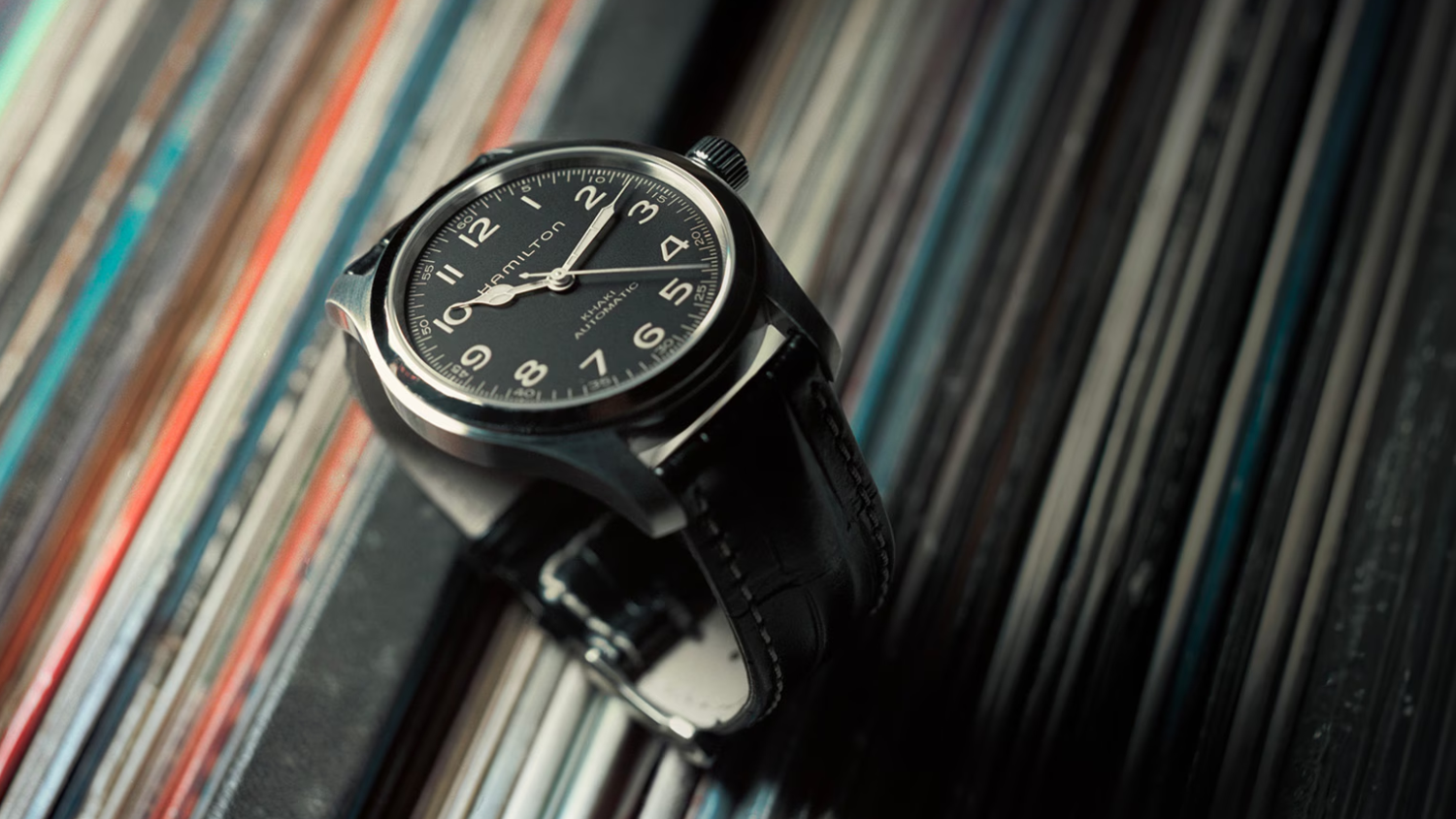Watch care & common knowledge
make your watch tick for longer
Your watch is more than an accessory — it’s a precision instrument built to last decades. Proper care ensures it keeps time accurately and maintains its beauty over the years. Below are the essentials every owner should know.
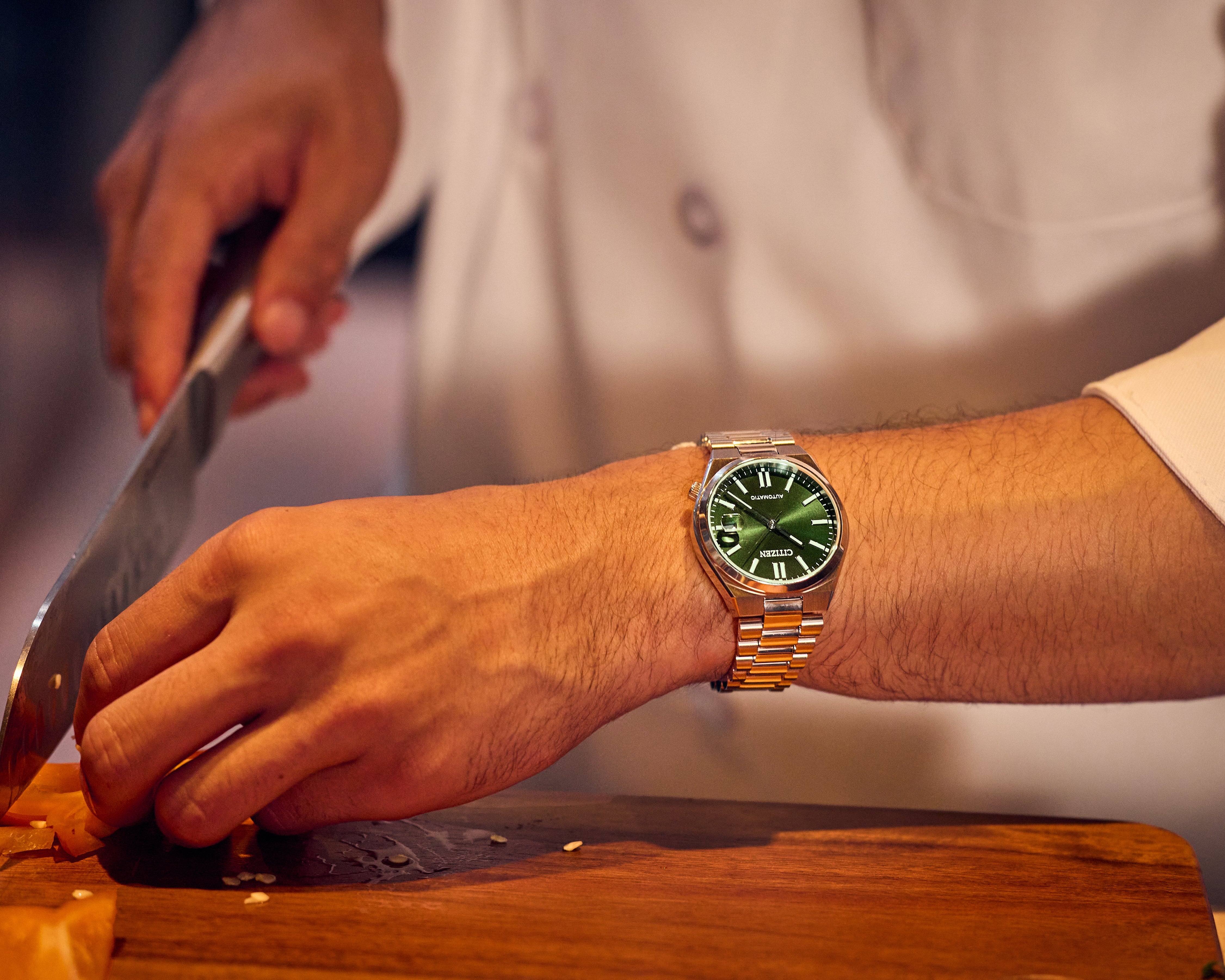
Daily Care
- Wipe it down
After wearing, gently wipe your watch with a soft, dry cloth to remove oils, moisture, and dust. - Avoid chemicals
Perfume, cleaning sprays, sunscreen, and alcohol-based products can damage finishes and seals. Apply them before you put your watch on. - Keep it away from magnets
Magnetic fields (like laptop speakers, phones, or handbags with magnetic clasps) can affect mechanical accuracy. - Don’t overwind
If you own a manual watch, stop winding once you feel resistance. For automatics, gentle daily wear is enough to keep it charged.
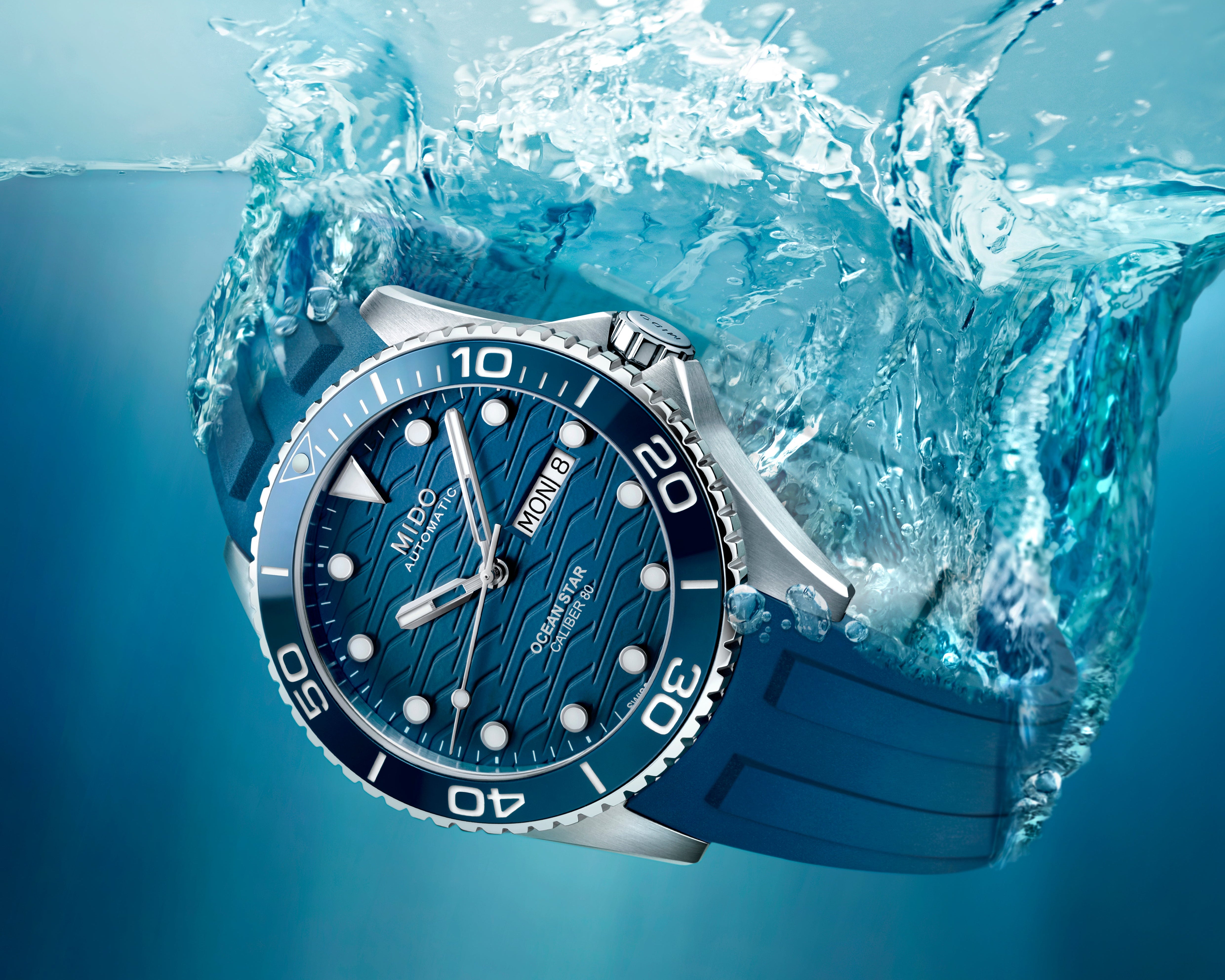
water resistance
Know your rating:
- 30m / 3 ATM: Splash-resistant only — not suitable for swimming.
- 50m / 5 ATM: Safe for brief immersion, not prolonged swimming.
- 100m+ / 10 ATM: Suitable for swimming and surface water sports.
- 200m+ / Diver’s: Built for serious underwater use.
Always:
- Ensure the crown is pushed or screwed down before exposure to water.
- Avoid hot tubs, saunas, or sudden temperature changes — heat expands seals and can cause condensation.
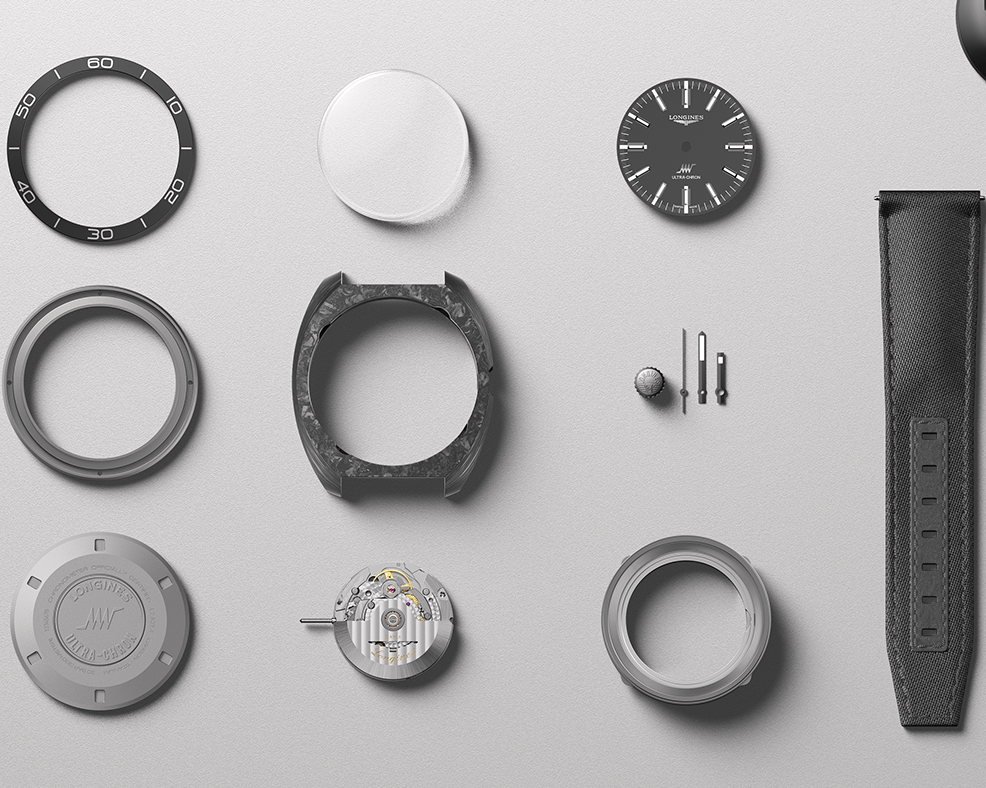
Mechanical & automatic watches
1. Keep it moving
If unworn for a few days, manually wind your automatic watch 20–40 turns to restart it.
2. Use a watch winder
If you rotate between watches, a winder keeps automatics running and lubricated.
3. Service regularly
Mechanical watches benefit from a professional service every 3–5 years to clean, oil, and reseal the movement.
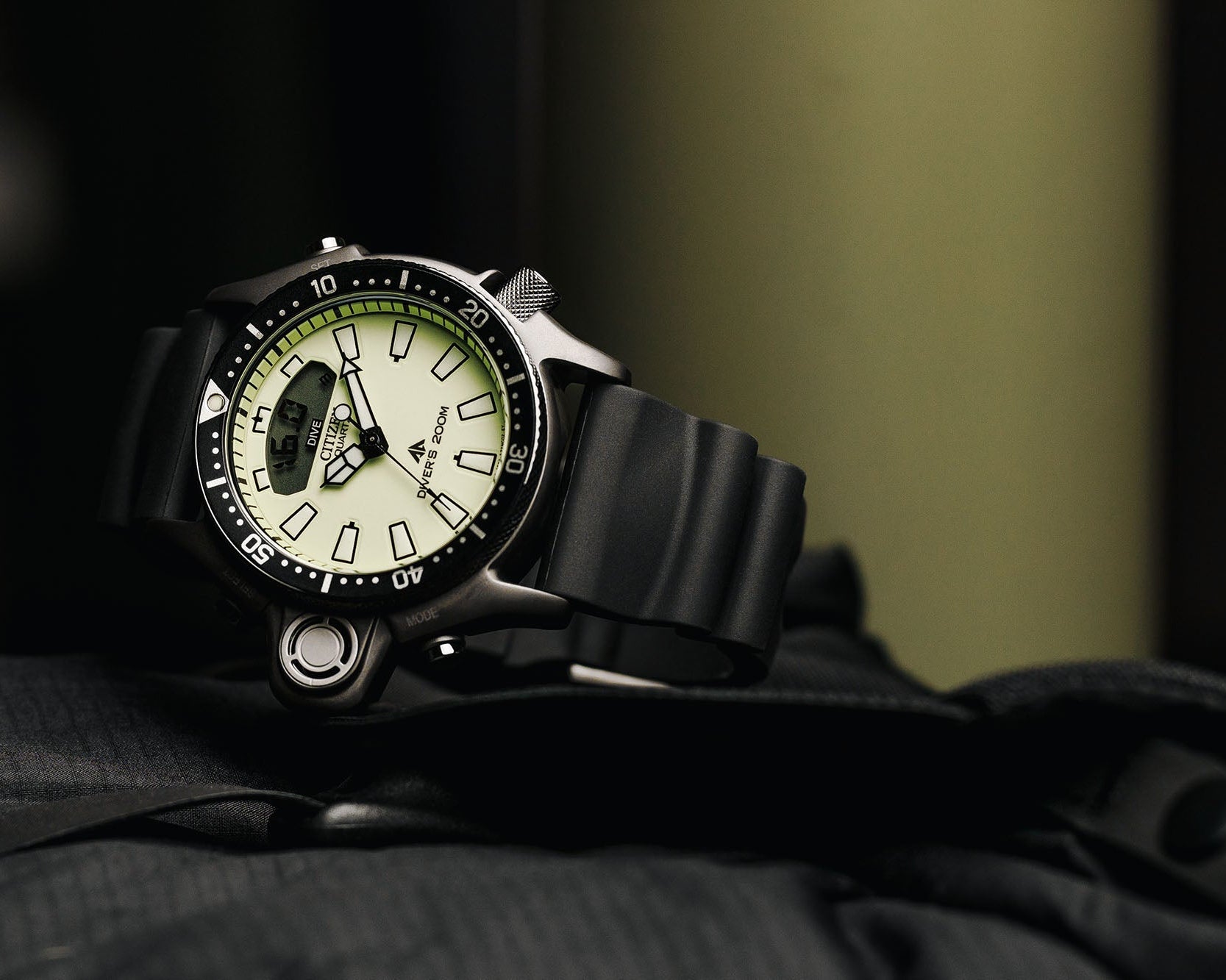
quartz watches
1. Replace batteries promptly
A dead battery left inside can leak and damage the movement.
2. Avoid DIY repairs
Always have a professional change the battery to maintain the seal and water resistance.
General storage & maintenance
Common Knowledge: Understanding Longevity
Treat your watch like it was built to outlast you — because it was.
- Mechanical watches last generations when serviced regularly.
- Quartz watches typically require less maintenance but may need battery replacements and resealing every few years.
- Gaskets and seals age naturally — even water-resistant watches should be pressure tested annually.
- Straps and bracelets wear differently: leather needs conditioning, metal may need cleaning or link tightening.
Join Our Journey
From our family to yours — welcome to Luca & Romeo.
Whether you're celebrating a milestone, starting your collection, or simply appreciating the art of horology, we're honored to be a part of your story.


